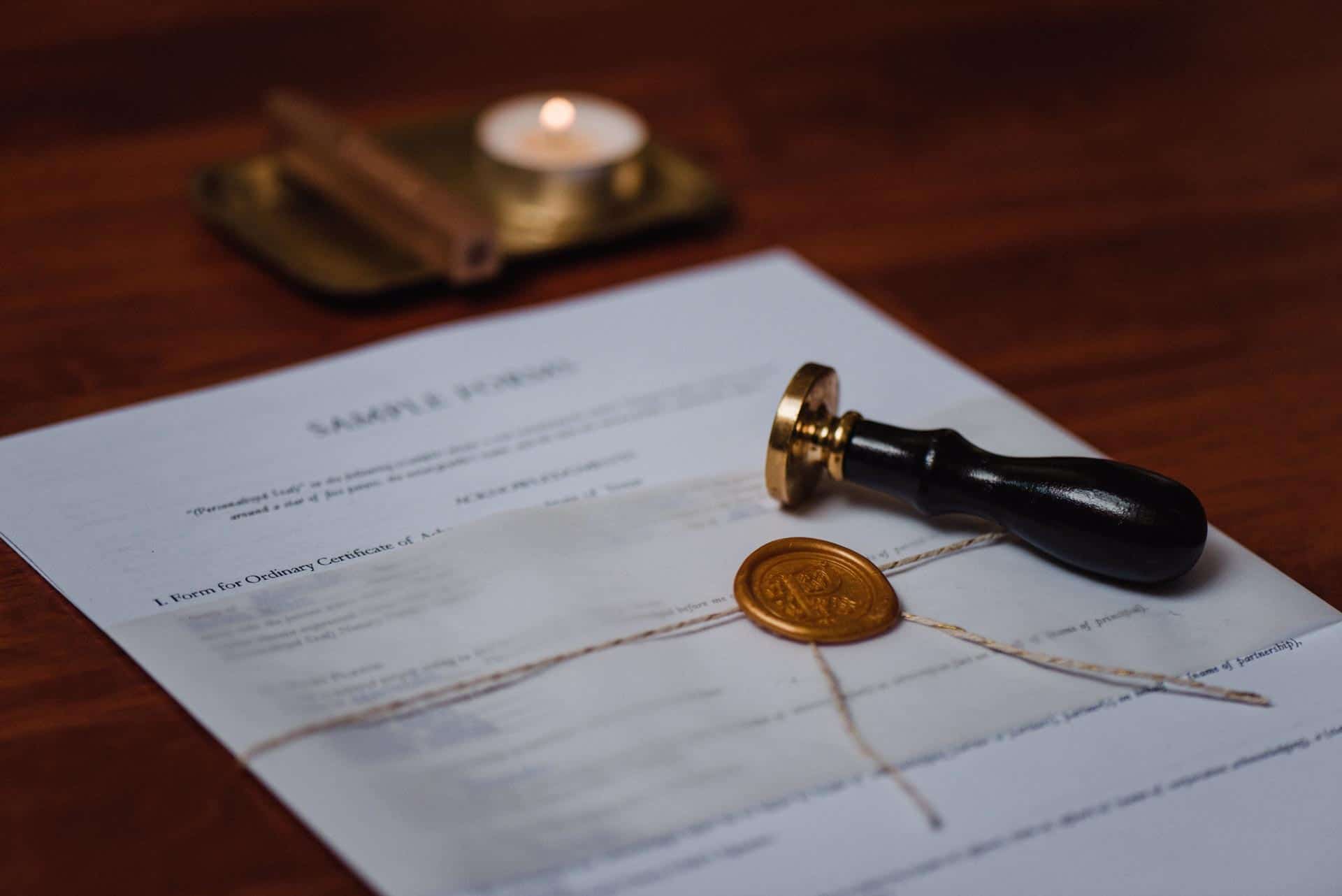
Putting a Home in a Trust
If you’ve ever thought about putting your home in a trust, you should know that it’s not as complicated as it sounds. Having your house in trust can provide many protections and benefits to you and your family while allowing you to maintain control (and access) over it. Call (949) 706-7300 to speak to Hess-Verdon, California’s leading trust attorney.
What is trust?
A trust is simply a way of managing assets, including property like your home. It’s called a trust because one person (the trustee) holds the legal title to the property for another person (the beneficiary). Having a Trust is essential to stay out of the probate process. Choose a law firm specializing in revocable and irrevocable trusts to choose the right type of trust for your family situation.
What does leaving your house in trust mean?
Trust for homes holds the title to the property on your behalf, so you can continue to live in and use the house. But once you pass away, the terms of the trust transfer ownership to one or more of your beneficiaries via the trust vehicle. That is why people who own a home should consider living trusts. An estate plan is essential to protect your family’s financial legacy.
What does it mean when a house is in a Trust?
When you put your house in a trust, you create a trust agreement, using your home as the main asset of the trust. When you add your home into a Trust, the deed to your property changes, showing the trust now owns the home. As a result, it is held in a fiduciary relationship for the benefit of someone else, known as a beneficiary. Beneficiaries’ can be your children or anybody you deem close to your heart.
Here’s how trusts work
The creator of the trust – called the “grantor” or “settlor” – decides who will benefit from the trust. That person or people are called beneficiaries. The creator can also be a beneficiary if they wish. The creator is also named a trustee, who administers the trust on behalf of the beneficiaries. Now when you’re alive, the trust is a living trust, but once you pass, the living trust turns into an irrevocable trust. Then a successor trustee takes over and helps administrate the trust.
The trustee has ownership and legal title to the property held in the trust. However, they must manage that property for the sole purpose of providing for the beneficiaries according to the terms laid out in the trust document. The trustee cannot claim any of that property for themselves unless they are named beneficiaries.
Newport Beach Estate Attorneys Near Me
Our probate lawyers can help you administer or contest a will. We also have expertise in business law and elder abuse law. Expect personalized services that put you in control. Request a no-obligation case assessment
Can a House Stay in a Trust?
Yes, you can always put your home in a trust. For example, a “living trust” (also called an “Inter Vivos” trust) is simply a type of trust that you create while you are alive, rather than one made at the time of your death under the terms contained in the will. The living trust is very flexible and can be used as a vehicle to avoid probate, reduce taxes on estates or maintain privacy as to who inherits what assets.
How to Put a Home in a Trust
You’re probably wondering how to put a house in a trust. The answer is that you must transfer the legal ownership of your home from your name into the name of the trust. Once your home is in the trust, you will retain the right to use and enjoy it.
The process begins with the drafting of a document called a deed. It would be best to have this prepared by an attorney specializing in estate planning or real estate law. This deed must state that you are transferring your home into the trust for its benefit. Some states have their own unique needs for this purpose, but most will accept the same type of deed used to convey real property from one private individual to another.
You should also record this deed at the local county recorder’s office, where your property is located. You may incur fees in recording it, but that’s usually less than what it would cost to hire an trust attorney to prepare it for you.
What are the advantages of putting your house in a trust?
One of the most frequently asked questions is: why put a house in a trust? There are many benefits of placing a home in a trust, including:
Avoid probate court
A living trust, or revocable living trust, is an estate planning tool that lets you keep control of your property during your lifetime and pass it on to your heirs without the time and expense of probate court. The probate process can be very costly and is in the public record.
Retain financial privacy
Probate proceedings are public records, so anyone can get a copy of your will and see what you left to whom. A revocable trust also protects your privacy as the trustee and beneficiaries are not disclosed to the public. The legal process is managed by a self-appointed successor trustee based on your wishes.
Let your loved ones live in the home while you are alive and after you die.
If you set up a living trust with provisions for your family members to live in the home while they are alive, they can continue to live there after your death without having to sell it or take out a mortgage.
Avoid the costs of probate and save money on estate taxes.
Probate fees can cost thousands of dollars per person in addition to any court costs that you may incur. The entire process is time-consuming, especially if anyone decides to contest your will (which happens more than you might think). If you choose to put a home in a trust instead, it will reduce those legal fees and help ensure a speedy handover of your estate to your loved ones.
Where do I start?
If you’re doing this, your financial planner or attorney will advise you to transfer the deed of your home into the name of the trust – but that doesn’t mean you have to refinance your mortgage. It’s probably better not to do that unless you’re also interested in lowering your monthly payments and getting extra cash out of your home equity.
You’ve probably seen plenty of advertisements for companies that say they’ll help you “put a house in a trust” for $500 or less. But what these companies do is provide boilerplate documents, which often aren’t even valid in all states. If you’re going through with this, it’s best to get the best-personalized advice from a qualified estate planning attorney.
At Hess-Verdon, we do comprehensive estate planning for our clients, avoiding probate, and our work entails setting up foolproof and tax-proof trusts that you and your loved ones can depend on for many generations to come. If you look to place your California home into a trust, Hess-Verdon is the company to call.
Example of how one benefits by placing a home in a trust
One of our clients placed her home in a revocable trust and appointed a trustee. It was worth about $1,000,000.00. The mortgage on the house was $200,000.00, and it was paid off. When the trustee sold the home shortly after her death, he distributed the proceeds from the sale to her children and grandchildren following the terms of the trust.
It is worth noting that if the home weren’t in a trust, it would have been necessary to do a probate administration of the estate before the house could be sold for the proceeds distributed to the beneficiaries.
Takeaway: Having your house in the trust will allow you to maintain control and access it while still providing security for your family’s future. Call (949) 706-7300 to speak to Hess-Verdon’s experienced estate planning lawyers in Orange County, California.
Meet The Team

Trust Administration
- What is Trust Administration and options
- Find a Trust Administration Attorney
- How long does a Trustee have to distribute assets?
- Setting a Trust after death
Are you looking for a trust administration in the Newport Beach area? When it comes to the practice of Trust and estates, it can be difficult finding an attorney that’s experienced in  handling your specific issues.
handling your specific issues.
With over 30+ years of law, 3000+ clients throughout our tenure,
you can receive in-depth legal counsel today.
Trust administration manages the assets in a trust according to the Trust’s terms to benefit the heirs and beneficiaries following the grantor’s death. Trust administration is a multi-step process that involves mountainous paperwork and dealings with courts. Working with a trust attorney can be instrumental in streamlining the whole process.

Testate vs Intestate Estate. What to Know!
Testate vs. Intestate A testate estate occurs when a deceased person leaves a will dictating property distribution. An intestate estate happens when there's no will, leading to property distribution by the probate court according to statutory priorities.The terms...
